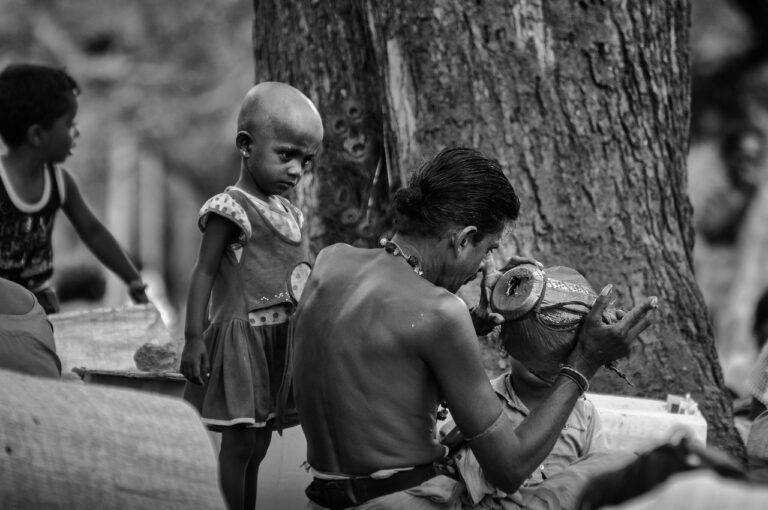Exploring Cultural Festivals: Celebrating Diversity and Tradition
From the vibrant hues of Holi in India to the rhythmic beats of Carnaval in Brazil, cultural festivals around the world showcase the rich diversity of traditions and celebrations. Each festival offers a unique glimpse into the customs, beliefs, and heritage of a particular community or country, uniting people in joyous revelry and cultural pride.
Whether it’s the intricate dragon dances of the Chinese New Year or the mesmerizing firework displays of Diwali in India, cultural festivals serve as a window into the soul of a nation, weaving together past and present in a colorful tapestry of music, dance, and gastronomy. As spectators and participants alike immerse themselves in these festive spectacles, they not only celebrate their heritage but also pass down cherished traditions to future generations.
The Significance of Cultural Festivals
Cultural festivals hold a special place in societies worldwide. These events are deeply rooted in traditions and heritage, showcasing the unique customs and practices of different cultures. They serve as a platform for people to come together, celebrate their identity, and pass down their cultural heritage to future generations.
Cultural festivals play a crucial role in promoting diversity and understanding among communities. They provide an opportunity for individuals to learn about different traditions, try new foods, enjoy music and dance performances, and participate in various cultural activities. By bringing people from diverse backgrounds together, these festivals help foster a sense of unity and appreciation for the richness of global cultural heritage.
Traditional Customs and Practices
In various cultures worldwide, traditional customs and practices play a vital role in preserving heritage and fostering a sense of community. These customs are often steeped in history and have been passed down through generations, helping to maintain cultural identities and values. From elaborate religious ceremonies to intricate dance rituals, traditional customs provide a unique glimpse into the beliefs and ways of life of a particular society.
Moreover, traditional customs and practices serve as a means of connecting people to their roots and creating a sense of belonging. Through participating in these age-old rituals, individuals can strengthen their bond with their community and gain a deeper understanding of their cultural heritage. Whether it’s celebrating harvest festivals or observing rites of passage, these customs play a significant role in shaping the social fabric of societies around the world.





